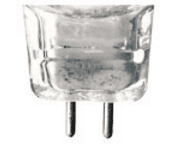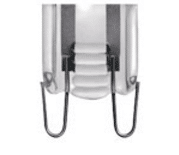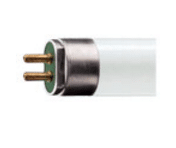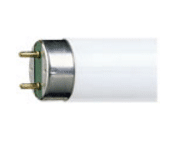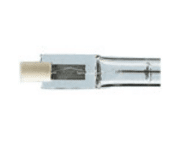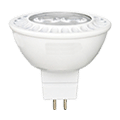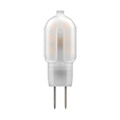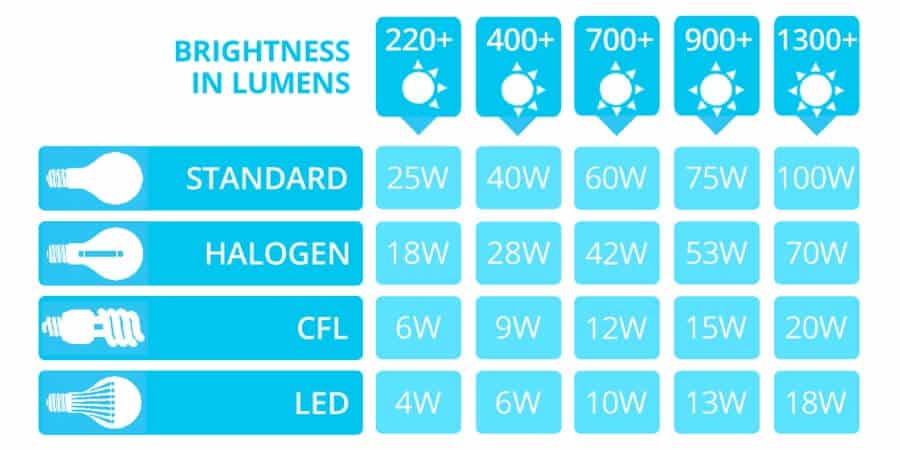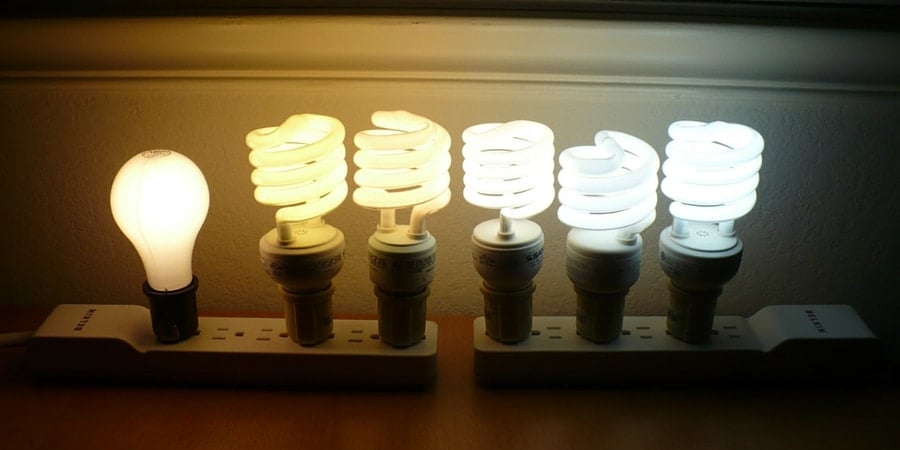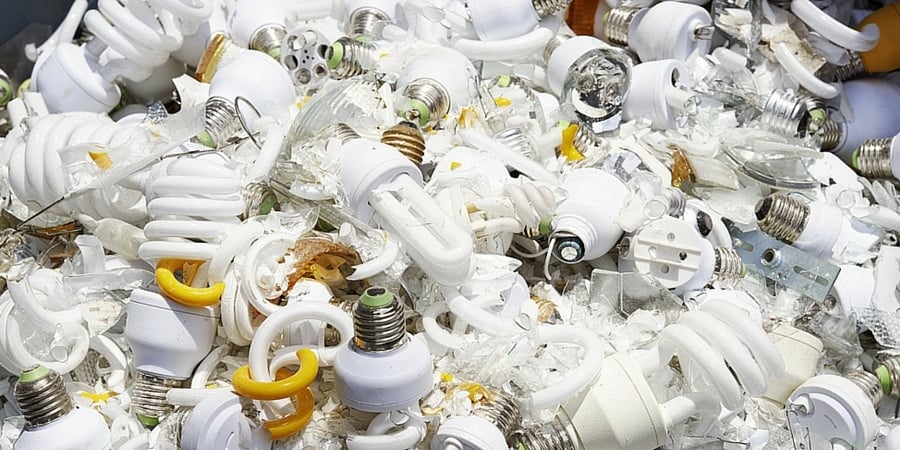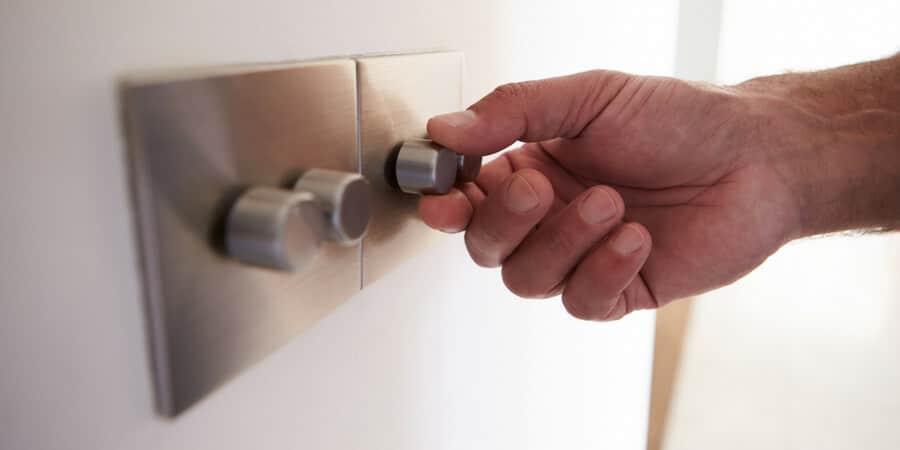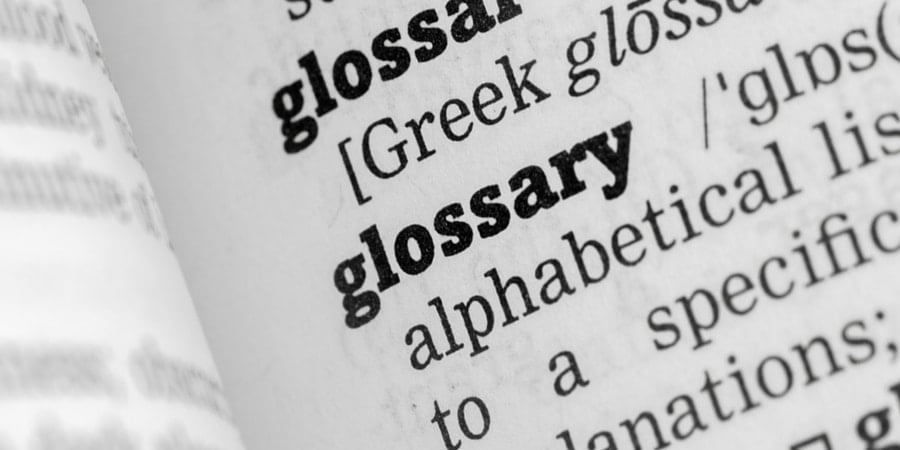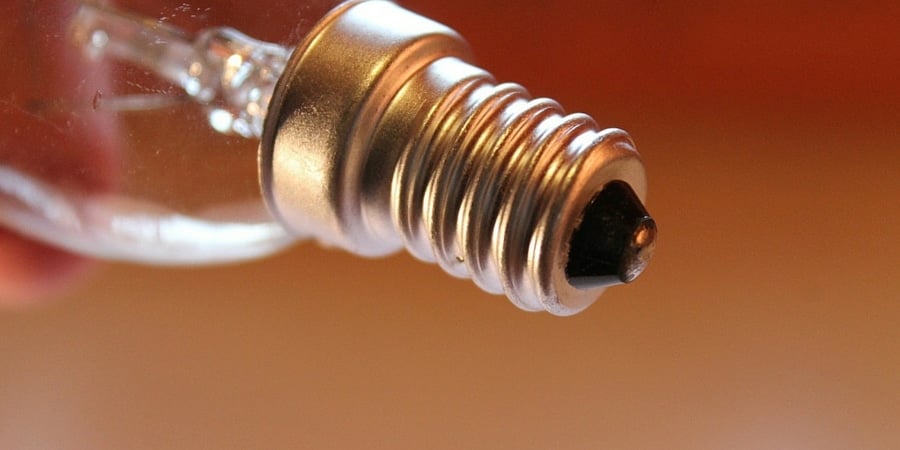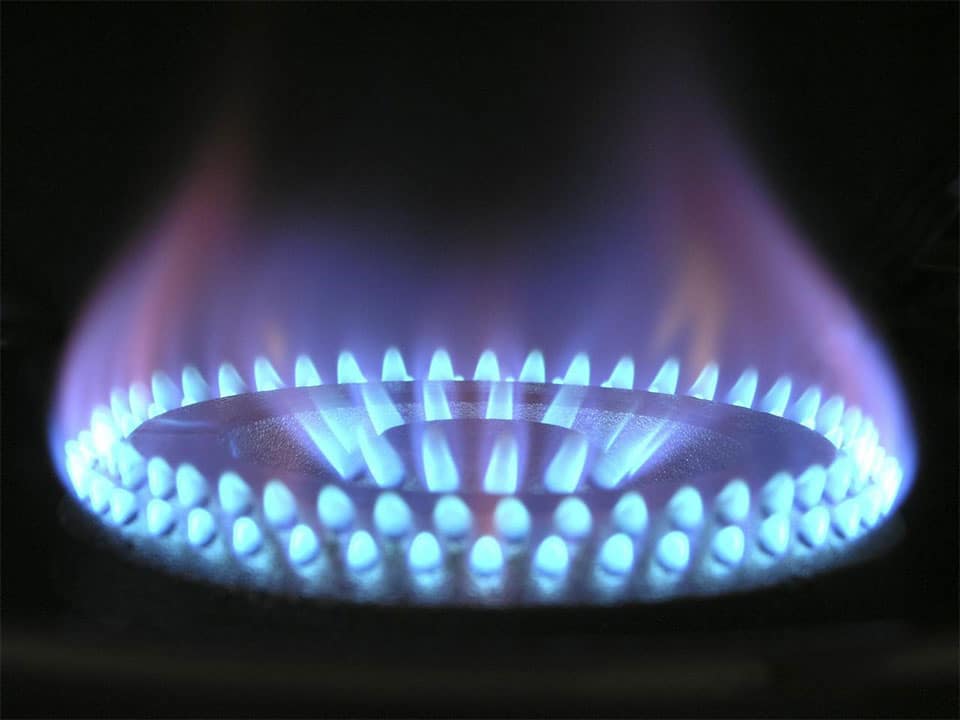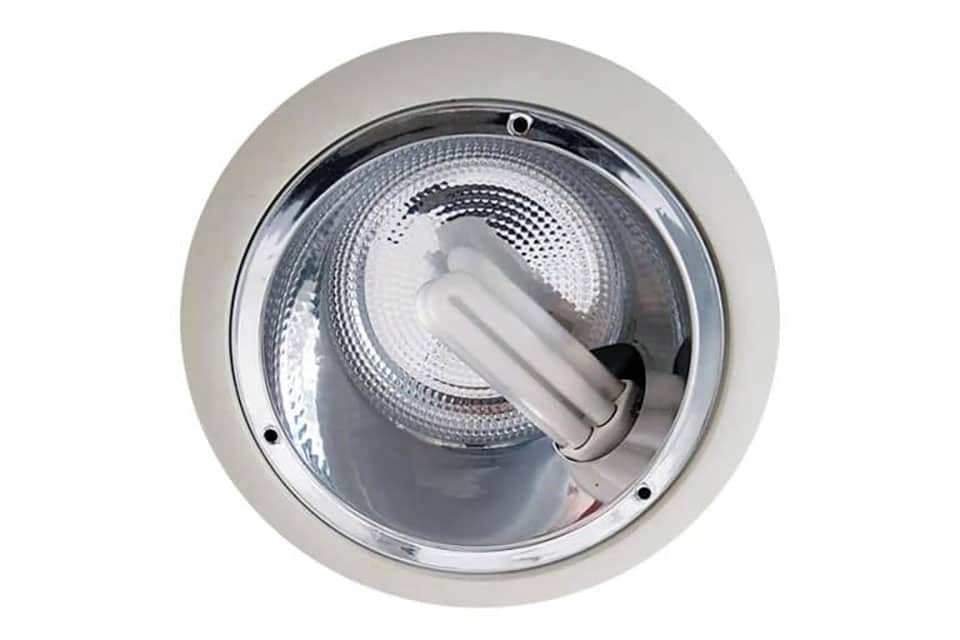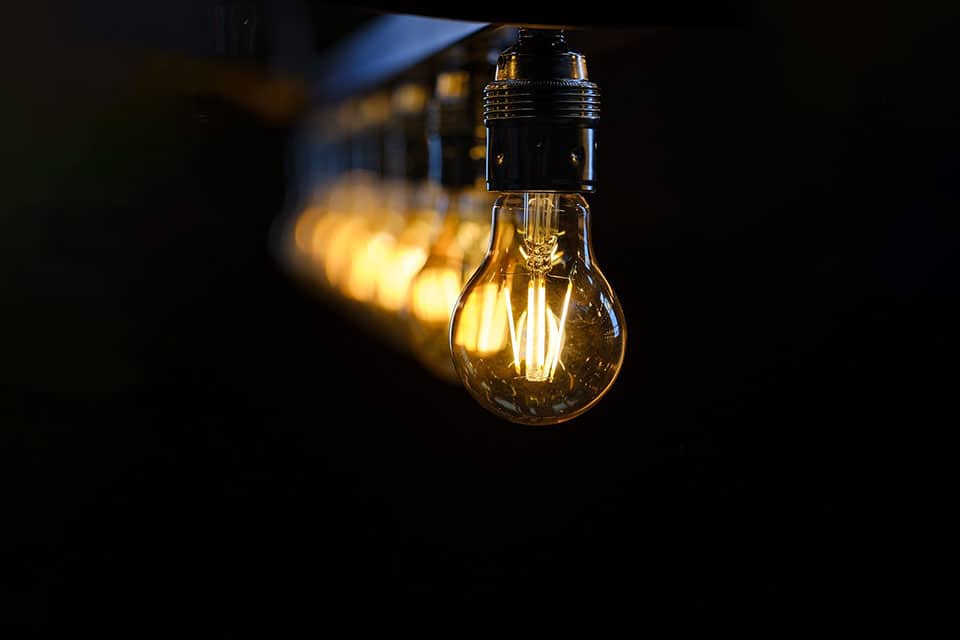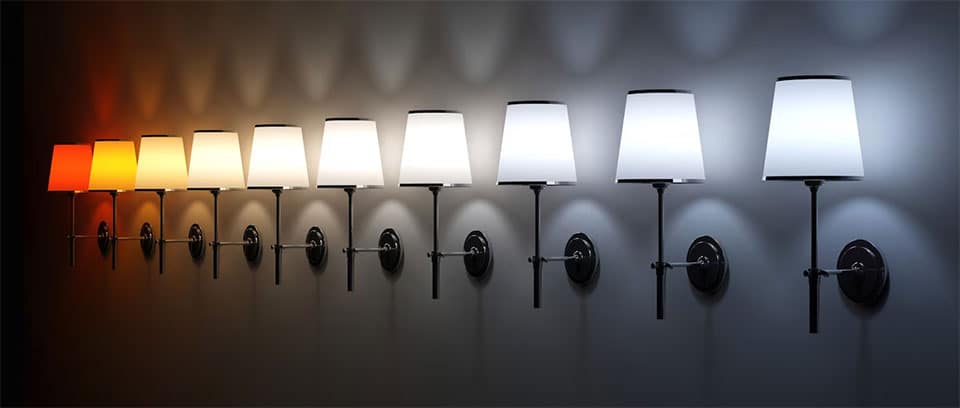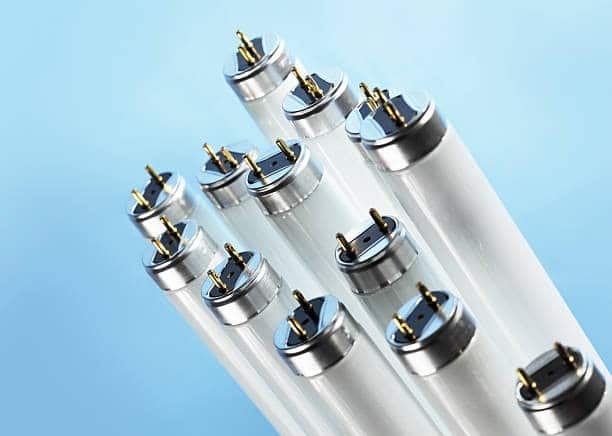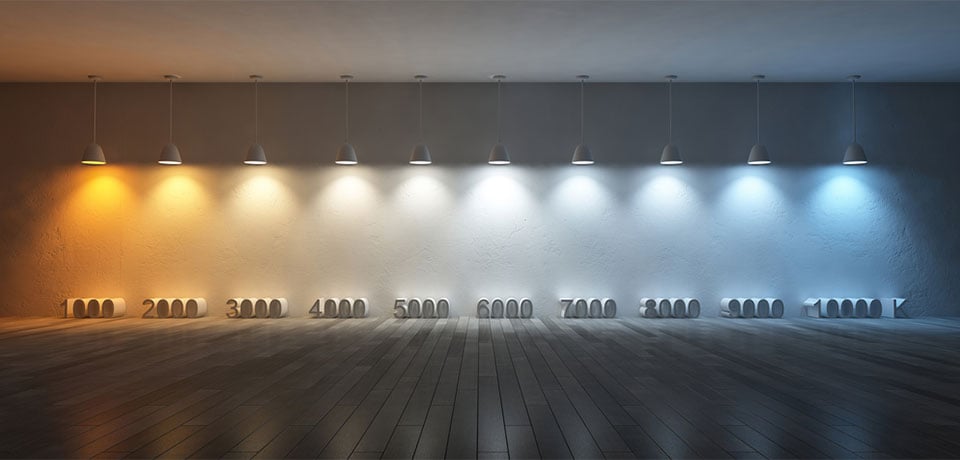Market Volatility
We’ve been hearing this for a few months now but it’s a reality that affects all British households this year and with the upcoming October increases, it’s about to get tougher. A set of forecasts by energy analysts at Cornwall Insight have predicted that bills will rise to £3,359 in October and then £3,616 in January. Based on these types of increase, households could see energy bills triple in the space of 6 months.
There’s a lot to unpack here, Europe imports around 35% of its gas from Russia so when the West imposed sanctions on Russia following its invasion of Ukraine, this affected the price of energy due to volatility in supply.
The UK energy market is closely linked to that of mainland Europe so even though the UK imports most of its gas from the North Sea and Norway, it is still affected severely.
It may take a while for energy prices to stabilise but there a few ways that we can reduce our energy usage. It may take some adjusting but the silver lining here is that we also reduce our carbon footprint by making these changes.
Reducing Energy Usage (without re-doing your whole home)
Lighting

Turn off unnecessary lights, this may mean sticking to the basics for a while and foregoing decorative and statement pieces.
Switch to LED, there’s no denying that this makes a huge difference to your energy bills. A typical traditional light bulb requires around 60 watts of energy whereas an LED can achieve the same brightness with around 7 watts of energy.
Make the most of daylight, keep your curtains open to avoid using artificial lights.
Use task lighting instead of lighting up an entire room by using a desk or table lamp depending on your task at hand.
Water
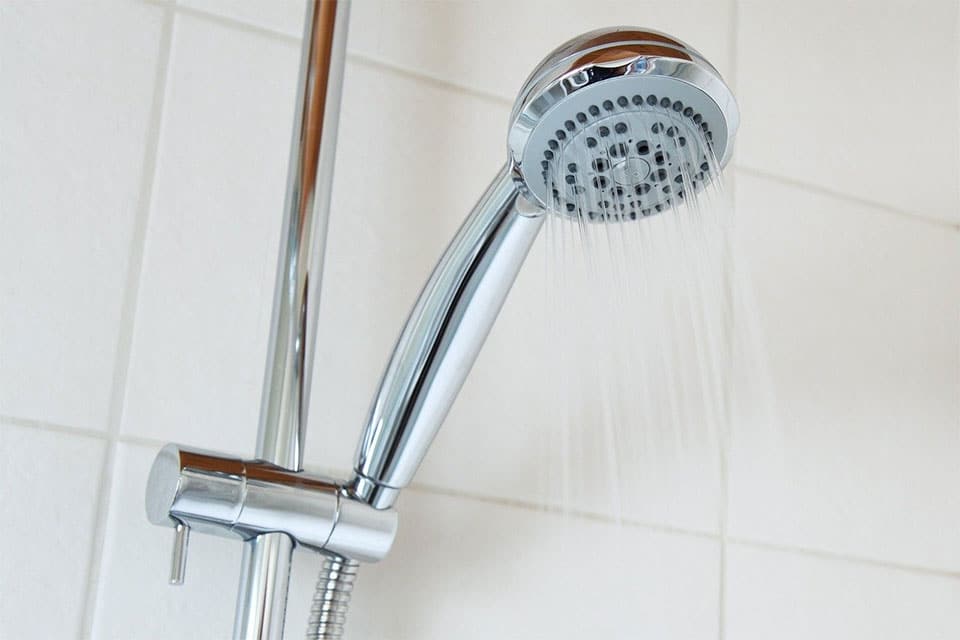
Take shorter showers, this means your water heater will need to work less.
Adding a timer to your water heater may also be a good idea so you’re not heating it non-stop. Once you’ve figured out when your household requires hot water, you can come up with a program that suits your needs.
Turn off the taps when shaving, washing hands and brushing your teeth.
Take showers instead of baths no matter how much you love a long soak.
Wastage

Check for leaks and draughts – although they may seem relatively harmless, they can add up quickly and result in energy and home heat loss. Something like a door sweep under your entry door can really help to keep the heat in.
Unplug all unused electronics, standby power accounts for up to 10% of a household’s annual electricity usage.
Skip the monitor and work straight on your laptop if your work allows for it.
Ensure that the air conditioning and heating is switched off while you’re away.
Replace inefficient appliances like old TVs and old fridges as they often waste a lot more energy than newer versions. Keep an eye out for energy ratings on the appliances you purchase from now on.
Turn the thermostat down if you have electric heat, lowering your thermostat will have a big impact on how much energy is required to keep your house at temperature. This one goes hand in hand with layering up and getting extra blankets out.
Clothing
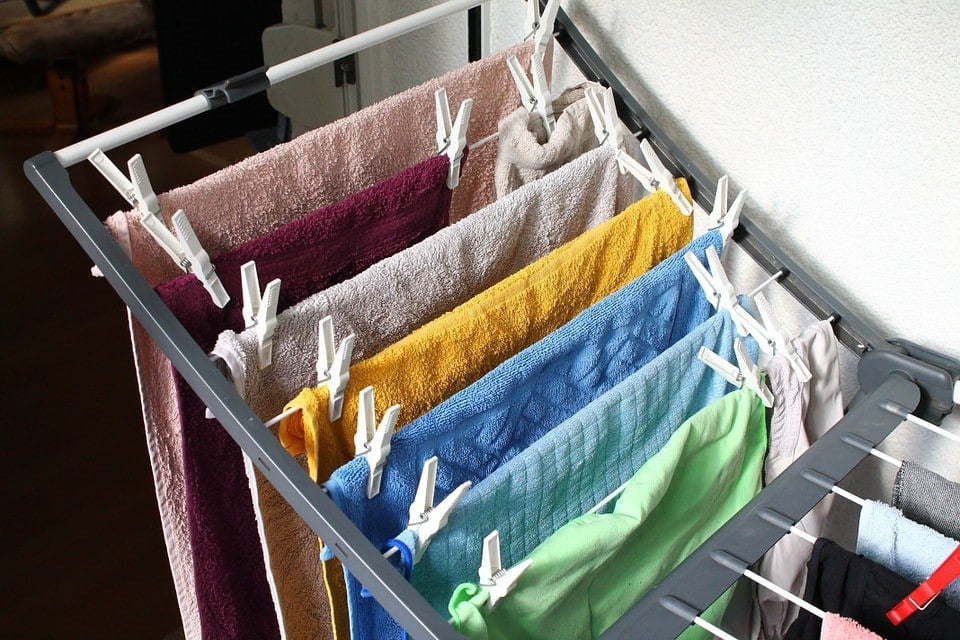
When it comes to laundry, cold water is best to conserve energy and we also recommend running full loads to avoid water wastage.
If the weather permits it, hang dry your laundry instead of using a tumble dryer.
Cooking

Avoid unnecessarily opening freezer and fridge doors to keep the inside nice and cold. Keeping items in the fridge spaced out helps food stay cool more easily but in a freezer you’ll benefit from packing items close together.
Avoid overfilling the kettle as it takes longer to boil and wastes energy.
Skip the heat-dry setting of your dishwasher as it’s expensive to run.
Skip the oven, using a microwave or air fryer is a much quicker way of cooking food which will overall save you energy.








